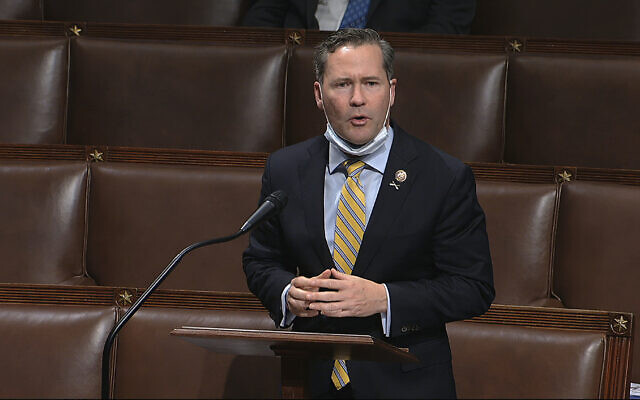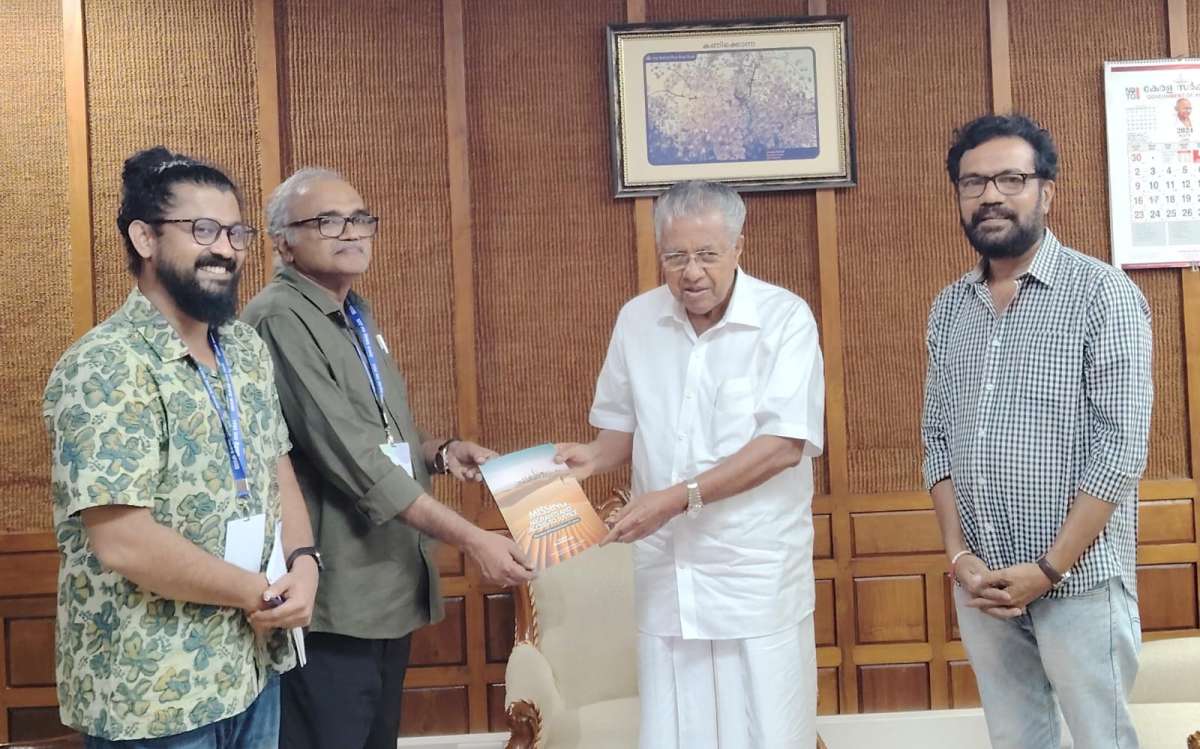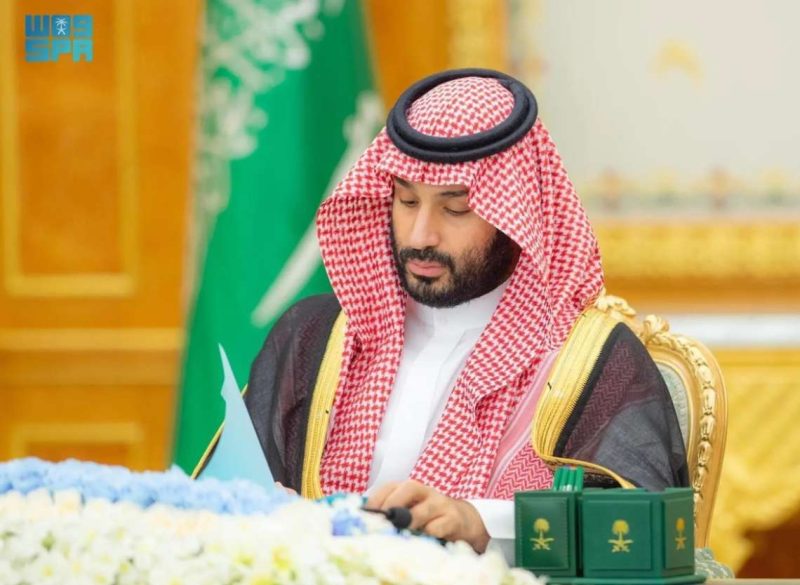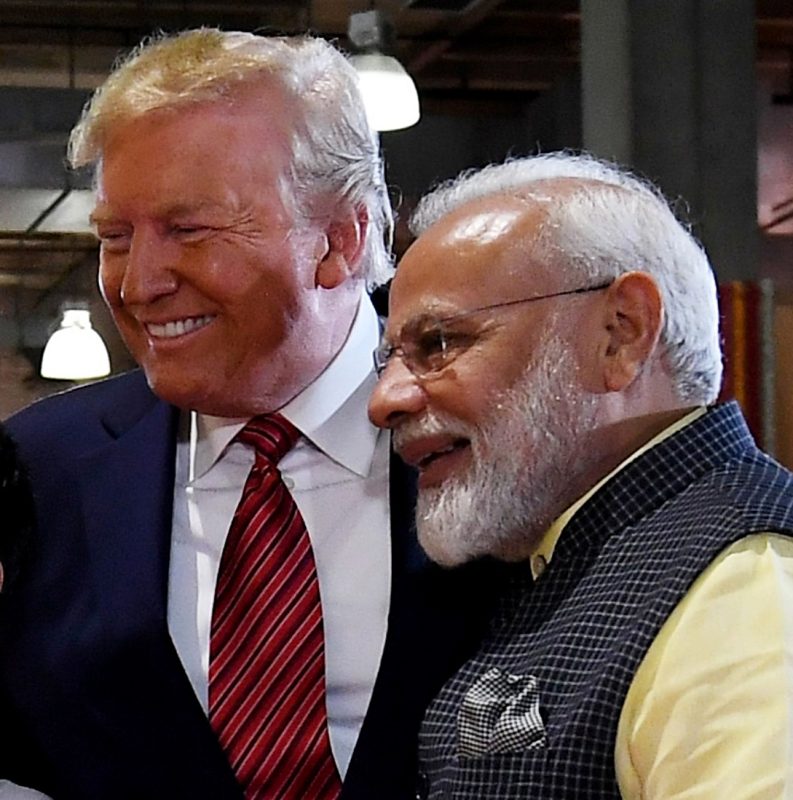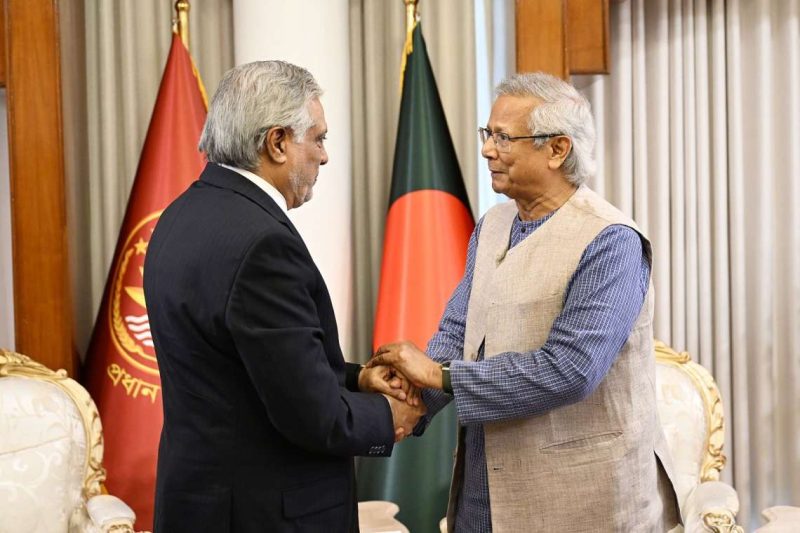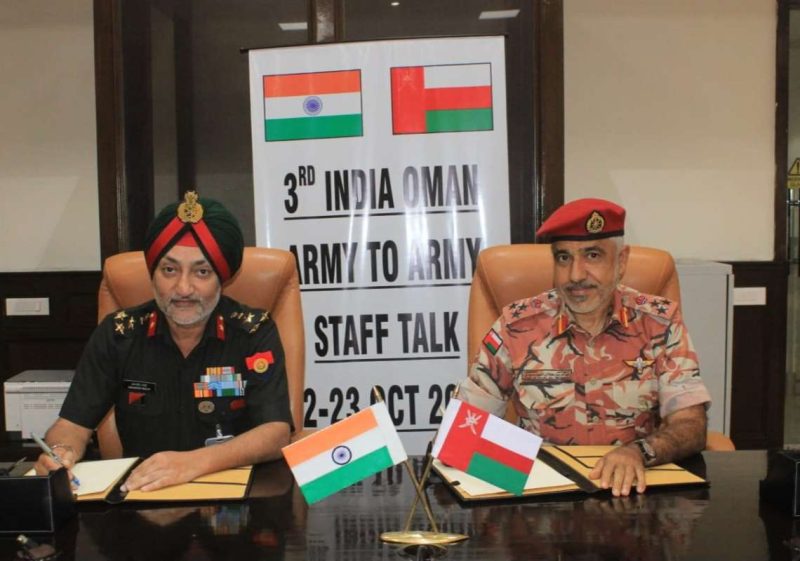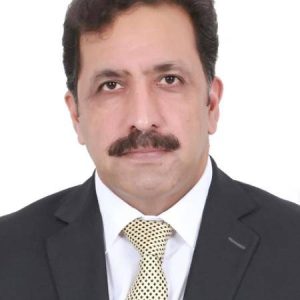Waltz had been open about his willingness to serve in the administration and was considered a candidate to lead the Pentagon…reports Asian Lite News
In the most significant appointment yet for India from the incoming administration of President-elect Donald Trump on Monday announced Mike Waltz, a Congressman from Florida who is the co-chair of the India Caucus, as his new National Security Adviser.
Waltz, 50, is a retired Army colonel who served as a Green Beret, an elite special forces unit of the US Army. He has been a member of the US House of Representatives since 2019. He has been a forceful critic of President Joe Biden’s foreign policy and serves on the House Armed Services Committee, House Foreign Affairs Committee, and the House Intelligence Committee this term.
He has called for Europe to do more to support Ukraine and for the US to be more stringent with its support, aligning with a key foreign policy goal of the President-elect. He has also been a staunch critic of the Biden administration’s 2021 withdrawal from Afghanistan. Waltz has praised Trump for pushing Nato allies to spend more on defence, but unlike the President-elect has not suggested the US pull out of the alliance.
“Look we can be allies and friends and have tough conversations,” Waltz said last month. Waltz is also on the Republican’s China taskforce and has argued the US military is not as prepared as it needs to be if there is conflict in the Indo-Pacific region.
Waltz had been open about his willingness to serve in the administration and was considered a candidate to lead the Pentagon. The role of National Security Adviser does not require Senate confirmation. Waltz is also a co-chair of the India Caucus in the House, which is the largest country-specific group in the US Congress.
Trump has been moving swiftly to announce key personnel of his incoming administration, including Susan Wiles, his White House Chief of Staff who will be the first woman to hold the position.
Trump’s other appointments include Stephen Miller, as a senior adviser, who is a known critic of the H-1b visa programme which he tried to kill in Trump’s first administration. The President-elect has been quickly assembling a roster of senior staff since winning last week’s election. He has already announced Tom Homan as his “border czar,” Elise Stefanik as US ambassador to the United Nations, and Lee Zeldin as administrator of the Environmental Protection Agency.
According to his website, Waltz was born in Boynton Beach, Florida, and grew up in Jacksonville, Florida. He graduated from the Virginia Military Institute and went on to serve for 27 years in the US Army and National Guard. As Trump’s NSA, Waltz will be dealing with Ajit Doval, the Indian NSA who has dealt with a rotating roster of NSA starting with his first Michael Flynn in 2017 and then H R McMaster, John Bolton, and then Robert Brien; all in the Trump administration.
Doval then dealt with Jake Sullivan, NSA to President Joe Biden, who is expected to serve out his full term and leave the administration at the end of his tenure on January 20, 2025.
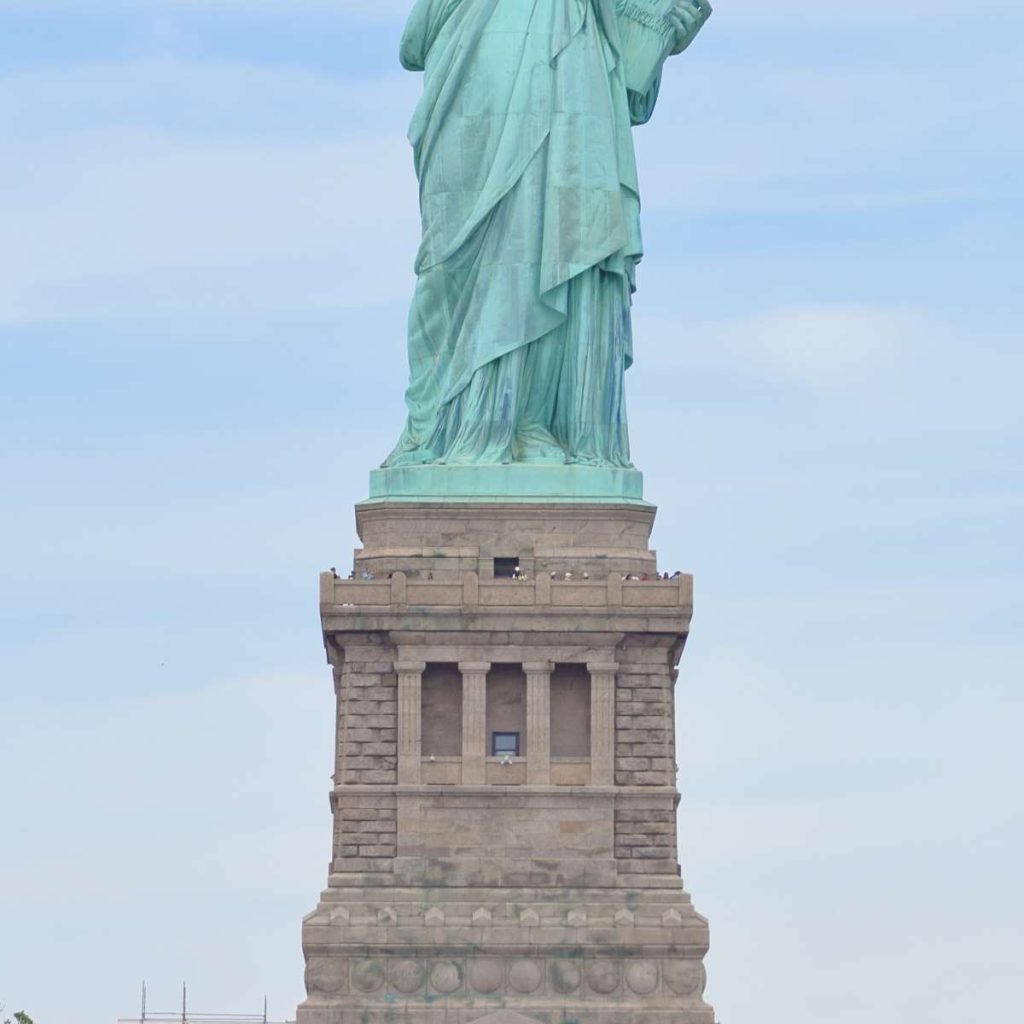
855% surge in Indian asylum seekers
The number of Indians seeking asylum in the US has surged dramatically over the past three years, reflecting a growing desire to pursue opportunities in America. Data from the US Department of Homeland Security shows that asylum applications from India soared by 855 per cent, rising from 4,330 in the 2021 US financial year (FY21) to 41,330 in FY23. Notably, nearly half of these applicants are reported to be from Gujarat.
In 2023, Indians ranked as the fifth-largest group for defensive asylum and the seventh-largest for affirmative asylum applications. The data, highlighted in the 2023 Asylees Annual Flow Report released in October, reveals that 5,340 Indians were granted asylum that year. This includes 2,710 affirmative cases and 2,630 defensive cases.
The number of Indian asylum applications has been steadily increasing. In FY21, Indians filed a total of 4,330 applications, comprising 2,090 affirmative applications to the US Citizenship and Immigration Services (USCIS) and 2,240 defensive applications. By FY22, this number had more than tripled to 14,570, with 5,370 affirmative and 9,200 defensive requests.
By FY23, the number of Indian asylum applicants had nearly tripled again, reaching 41,330. This continued growth suggests a broader pattern of individuals seeking refuge or legal status in the US due to various personal, economic, and political factors.
The approval rate for Indian asylum seekers has also shown significant growth. In FY21, 1,330 Indian applicants were granted asylum, including 700 through affirmative applications and 630 through defensive proceedings. In FY22, successful cases more than tripled to 4,260, with 2,180 affirmative and 2,080 defensive grants.
The upward trend persisted in FY23, with 5,340 Indians receiving asylum. Of these, 2,710 cases were affirmative, while 2,630 were defensive. India ranked as the fifth-largest nationality for defensive asylum grants, underscoring a rising demand for protection among Indian nationals.
The data indicates a significant regional pattern, with Gujarat being a major contributor to the increase in asylum seekers. The reasons behind this sharp rise appear to be varied, likely including socio-political and economic factors, such as perceived opportunities for a better life and hopes for greater personal and professional freedoms in the US. The overall rise in asylum applications also suggests increasing concerns among applicants about safety and opportunities in India.


